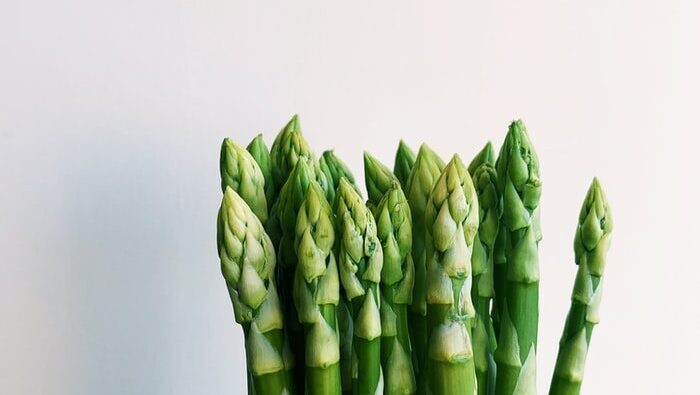3 min read
Written by Judy Paul
As someone who loves food and is an active member of a local United Church, I wanted to gather people together to explore what our Christian faith teaches us about the food we eat. I had read an excellent book, edited by Michael Schut, called “Food and Faith: Justice, Joy and daily bread”. It included short essays by writers well known in the food justice, and sustainability worlds — people like Wendell Berry, John Robbins, Vandana Shiva, and David Suzuki. Chapters included such topics as “Spirituality and Food”, “Economics as if Creation Mattered: The Industrialization of Agriculture”, and “Addressing Hunger — Political and Economic Perspectives”. These are issues about which I am passionate.

We decided to offer four sessions right after the worship service with a vegetarian lunch so that participants could relax and enjoy the time together. My friend in this endeavor had a reputation in the church for her delicious food, so I thought lunch would definitely draw people to our event. We called our initiative a “Learning Circle” and invited people to join us. Our limit was 12. Two people signed up. Needless to say I was disappointed.
After a bit of reflection, we changed tactics. Like good adult educators we decided to ask the congregation what they were interested in, and like good United Church people, we enticed them with food. Last October we had a “Harvest Lunch” where we served hearty soup and asked those in attendance to indicate what kinds of food related activities they would like to do.
Learning to cook meatless meals turned out to be popular, so a couple of us got together and offered a session on how to cook meatless meals with winter vegetables. We planned it for February, and on the first day we put out the sign- up list, it filled up! Go figure! It turned out to be a really successful event. The three of us organizers brought meatless dishes to share and then did some demonstrations while participants nibbled, chatted amongst themselves, and asked questions. Recipes were typed up and given out and everyone went home satisfied.
Following that event and in the spirit of experimentation, we issued a challenge to the congregation as a follow-up to Earth Day, to choose a way that they were prepared to eat more sustainably. The options were:
- Eat one more meatless meal per week
- Eat one more meatless day per week
- Eat more local food
- Eat less processed food
- Go vegetarian
We plan to check back with people in the fall to see how they fared over the summer BBQ season.
Our group has recently embarked on what is certainly an exciting, albeit daunting, endeavor. We were asked to consider doing a cookbook and being justice oriented foodies, we agreed that the only kind of cookbook we would want to work on would be one that offers recipes that reflect sustainability and ethical eating.
Now some of you might be thinking — who needs another cookbook? Cookbooks are a tradition in the United Church. Potlucks have been called the third sacrament (as in baptism, communion, potluck…). One of the chapters might be “What to Take to Your 100-Mile Potluck”.
For me, this food and faith focus grew out of the following belief:
“Christians are called, I believe, not only to embody an alternative vision of the abundant life, but also to help move our social, political, and financial institutions in this direction …Christianity, along with the other world religions, can offer an alternative vision. “ — Sallie McFague, in Life Abundant: Rethinking theology and Economy For A Planet in Peril”
Eating sustainably gives us an opportunity to bring about this alternative vision every day, and in so doing we practice what we preach.
